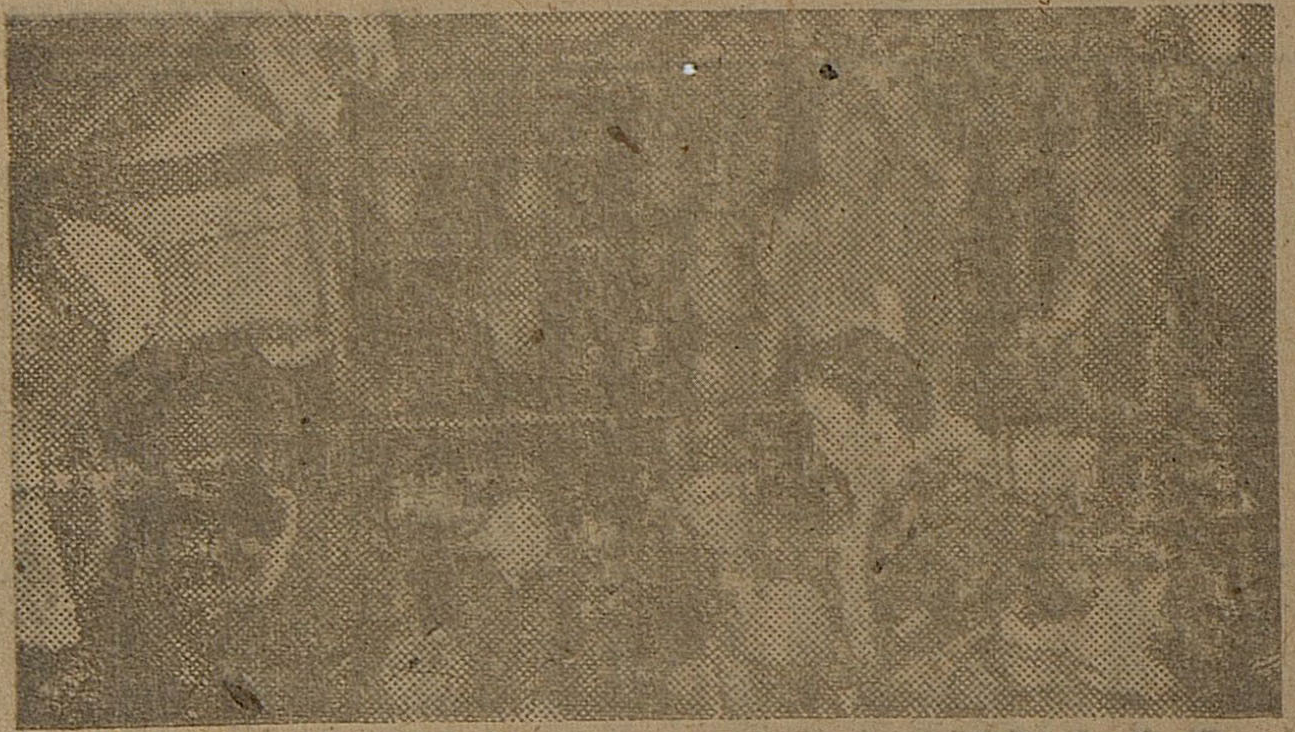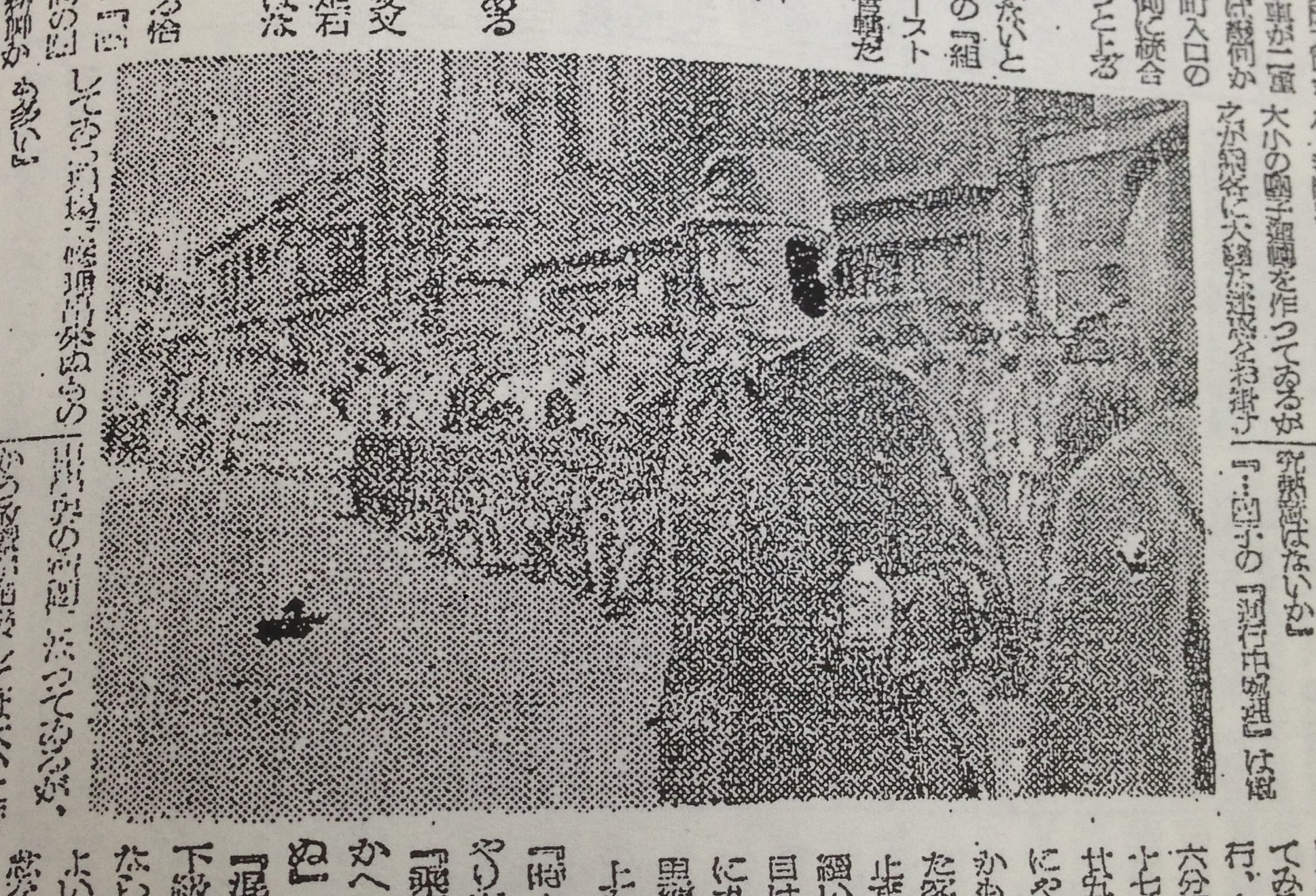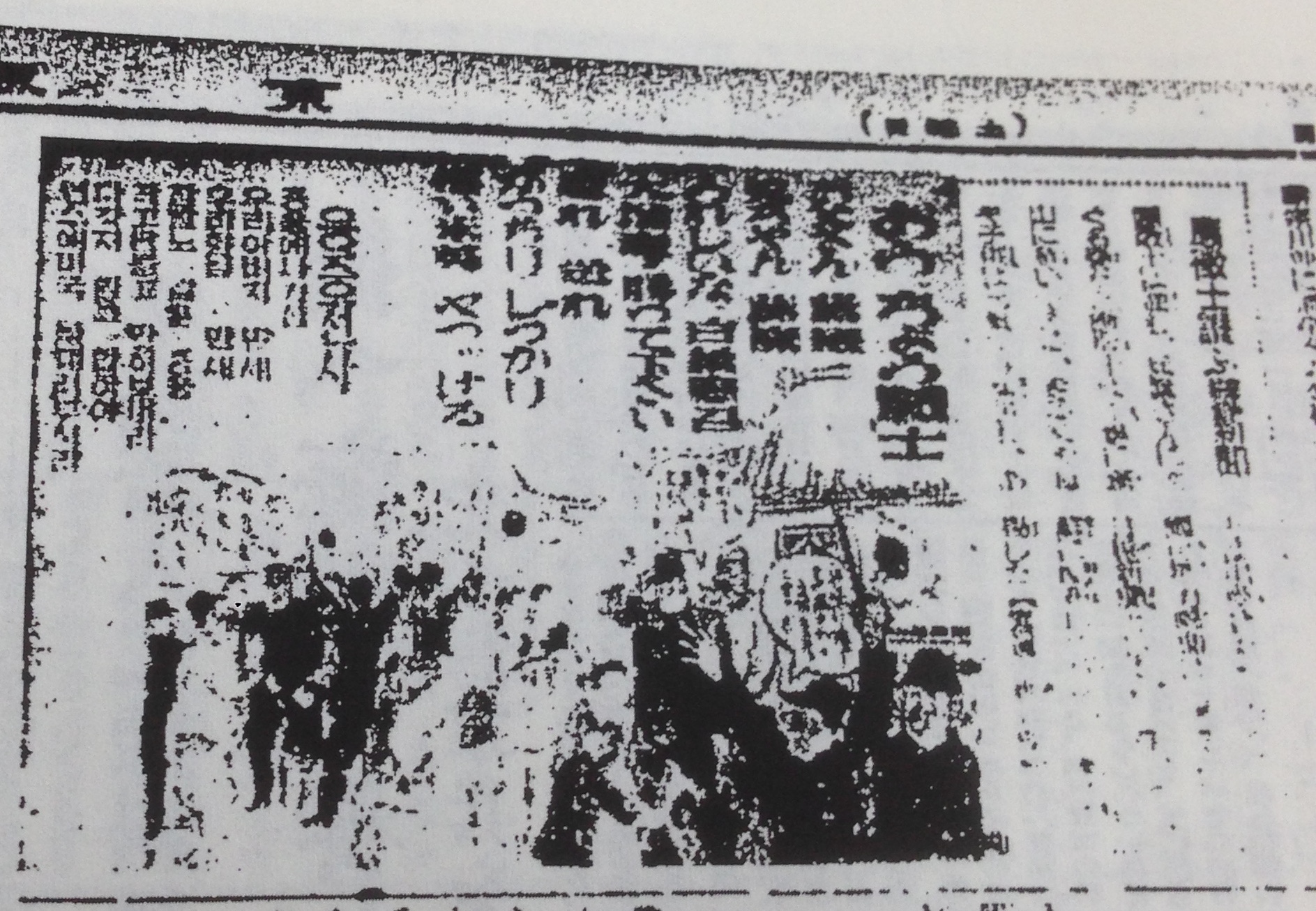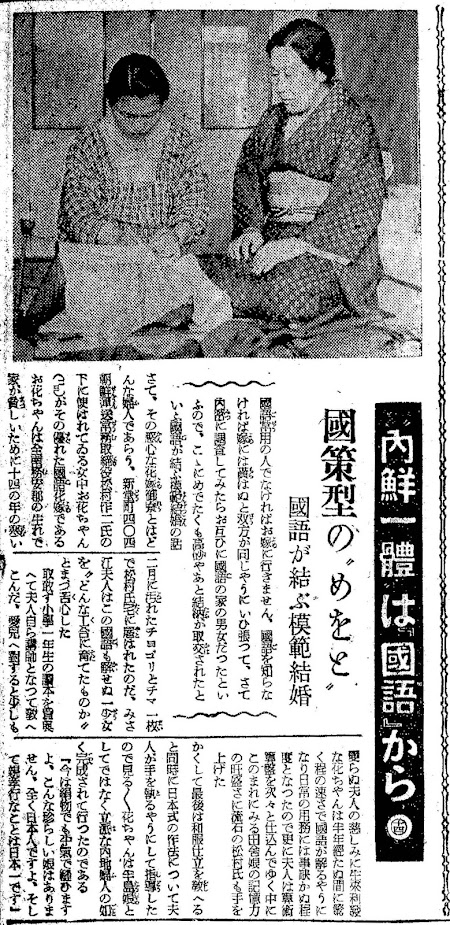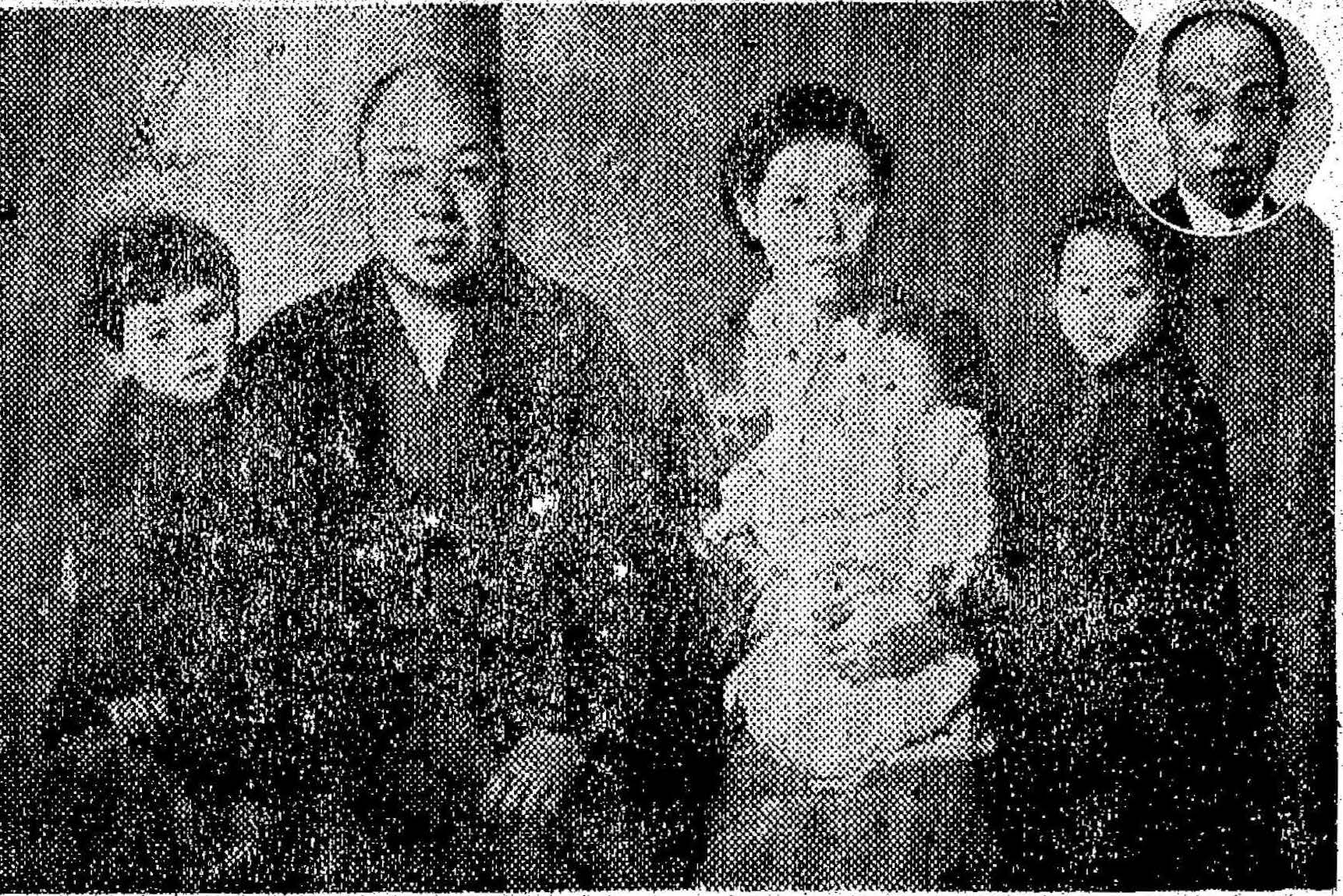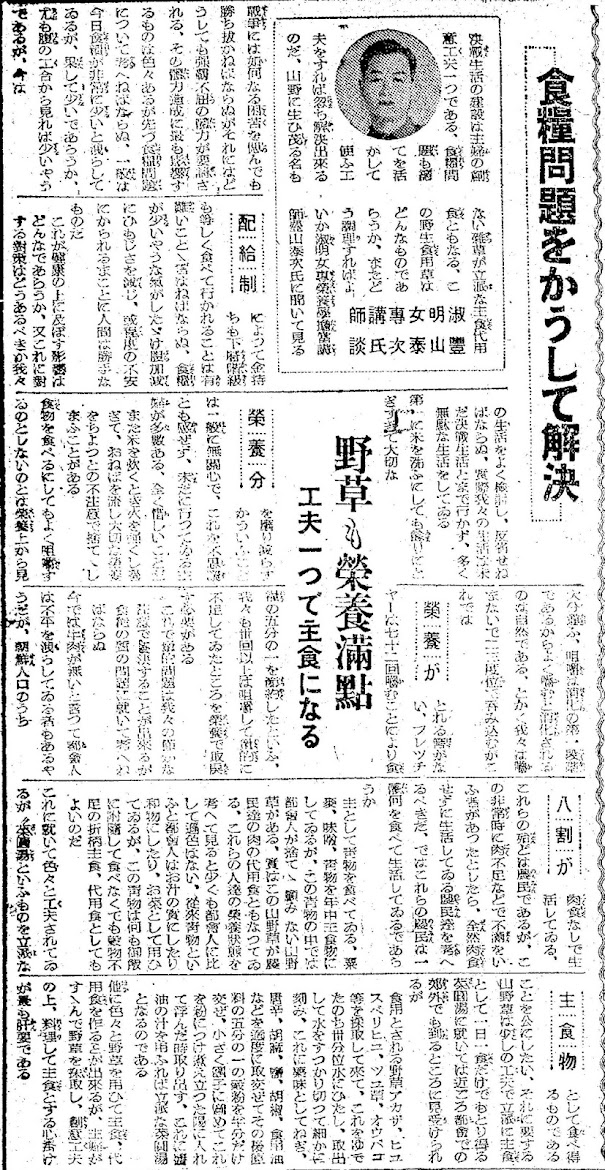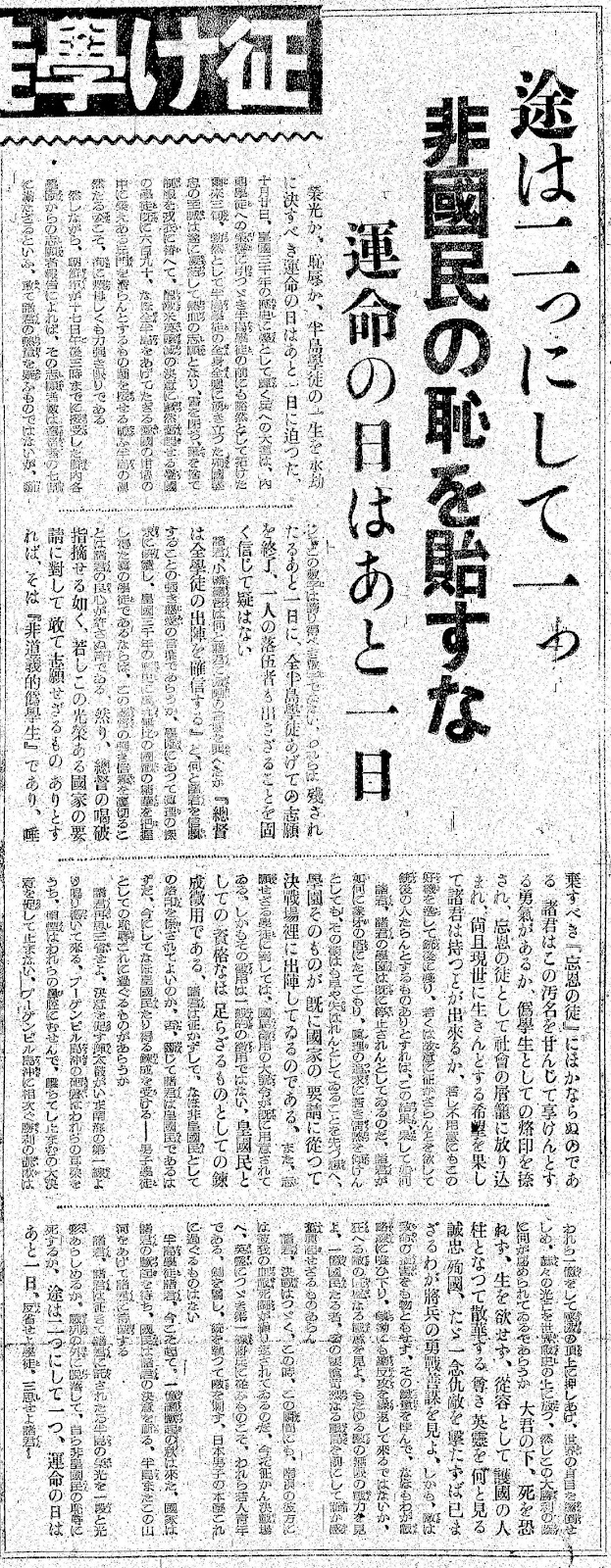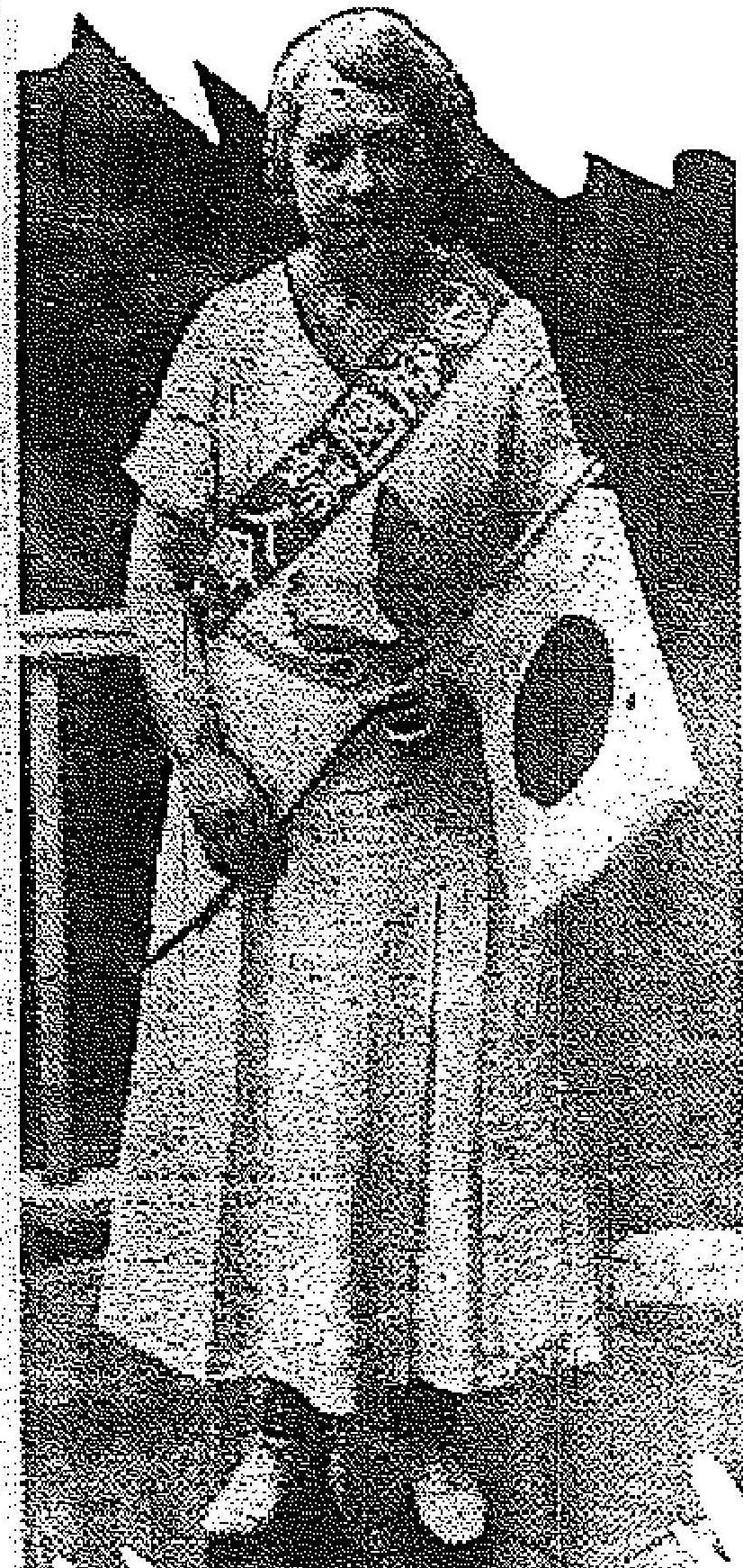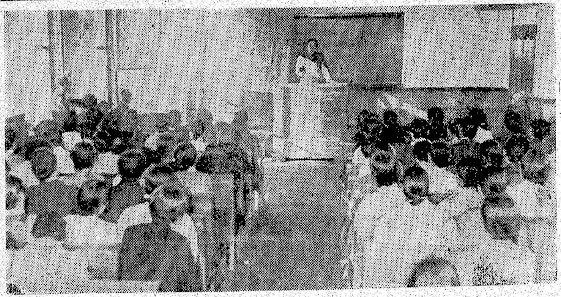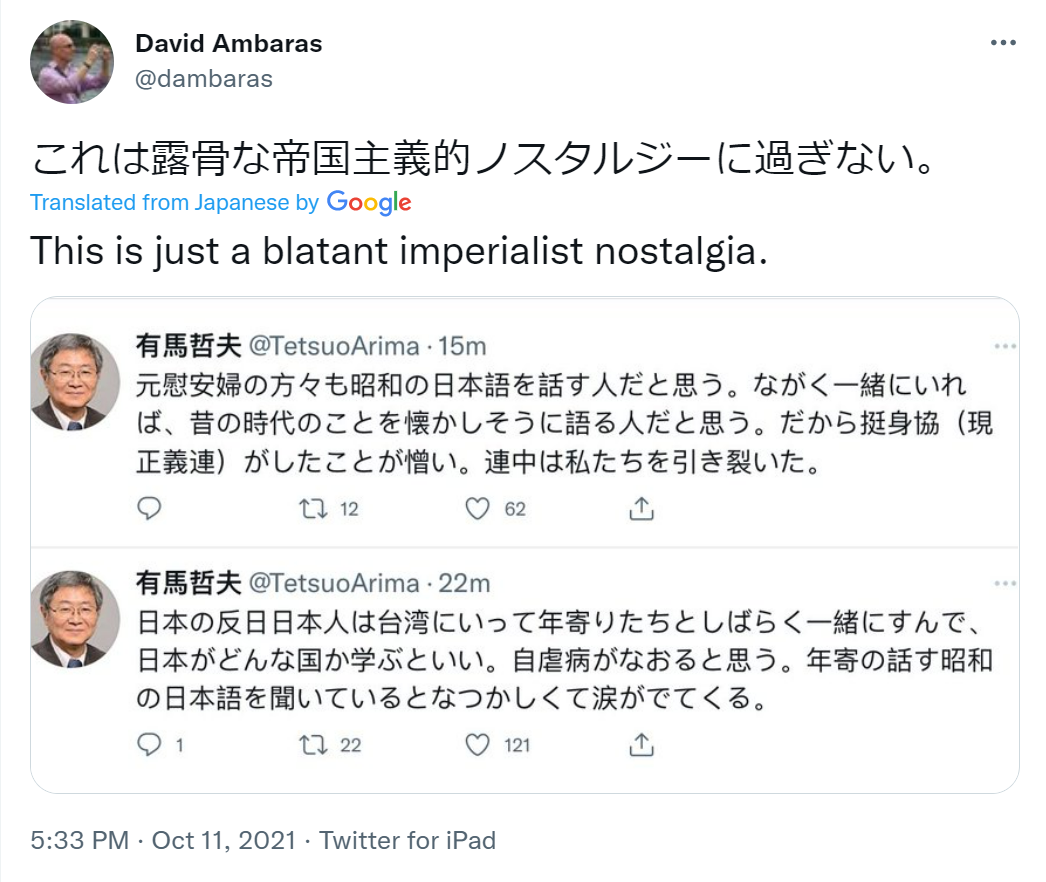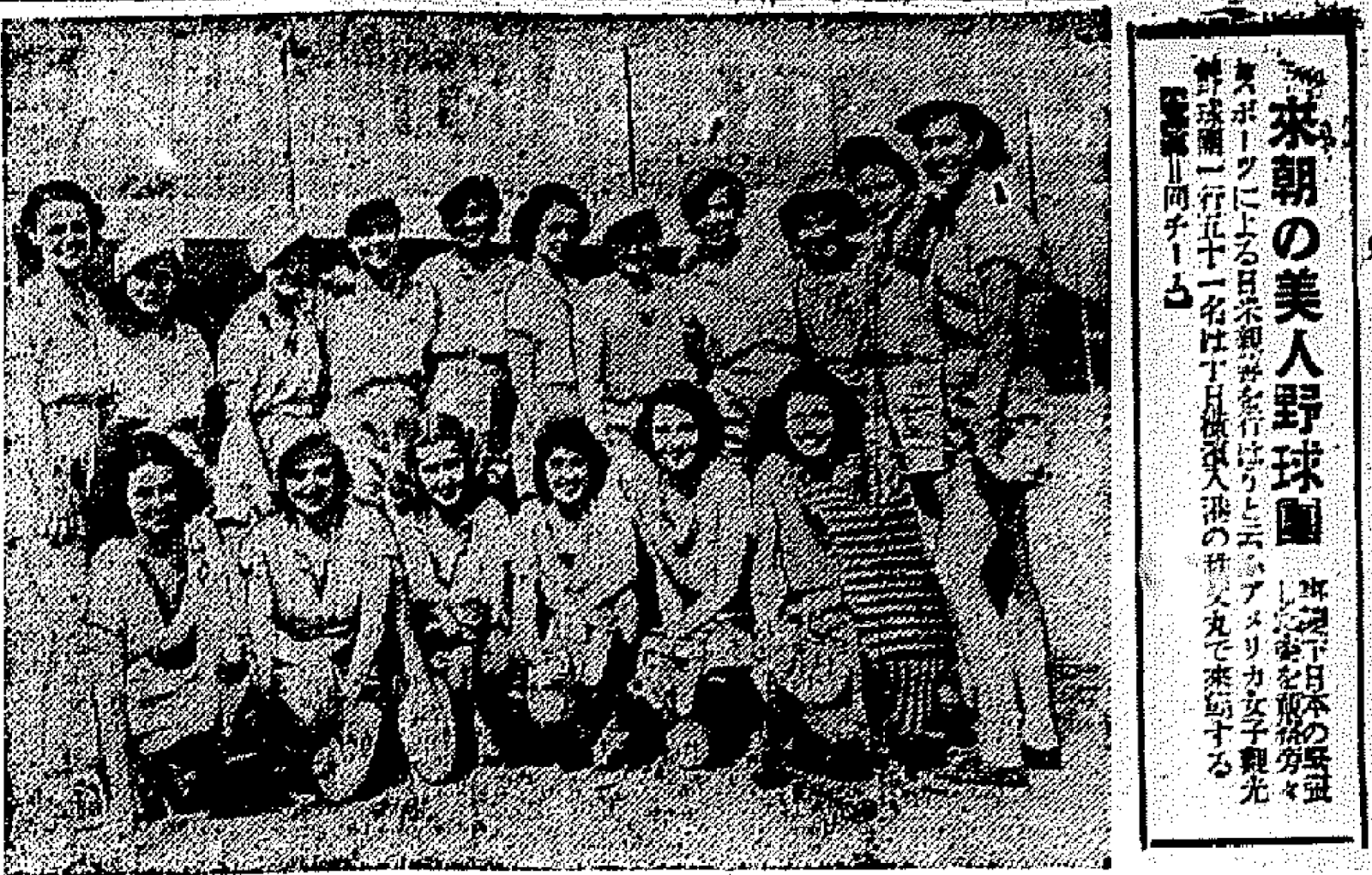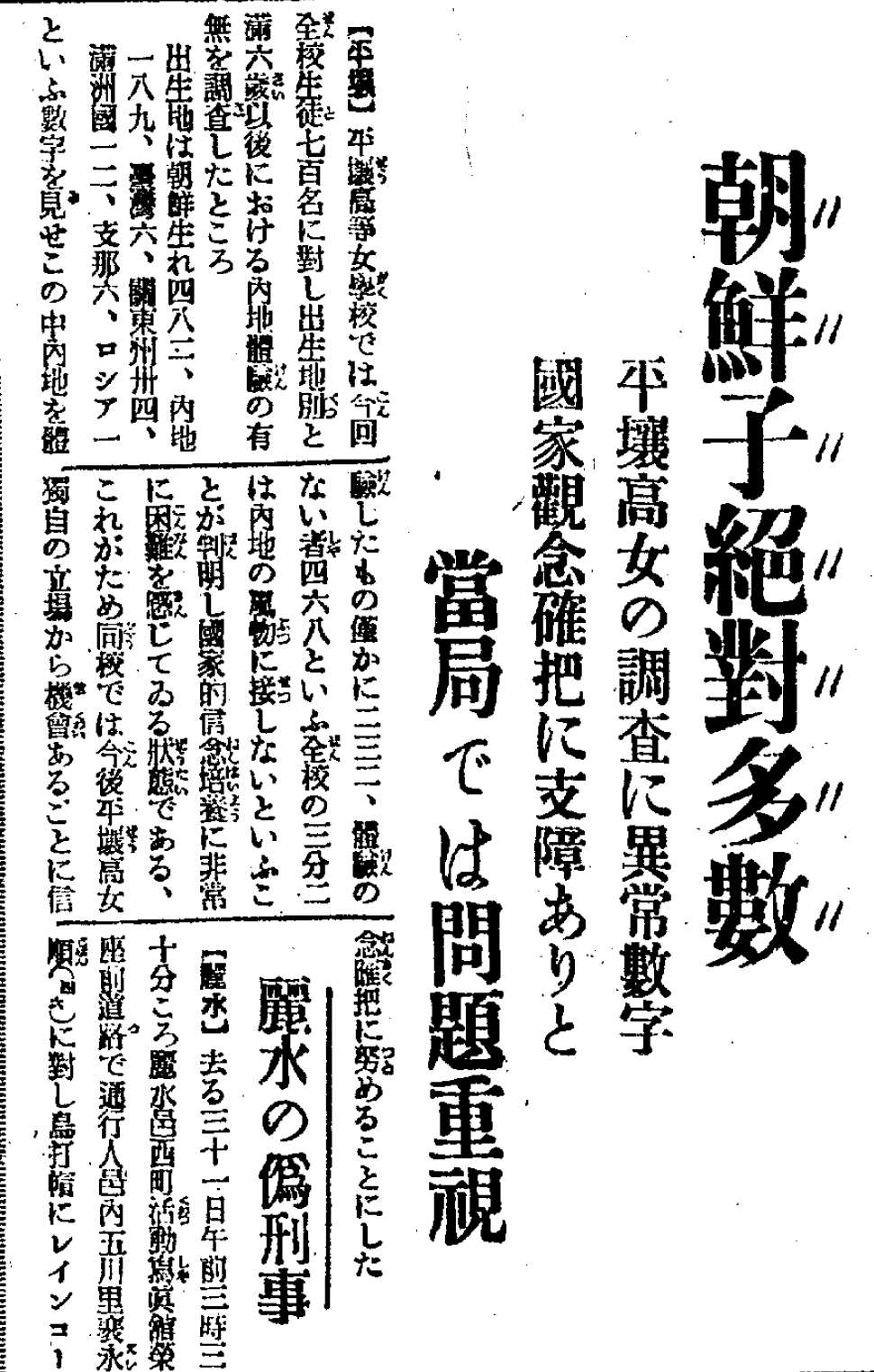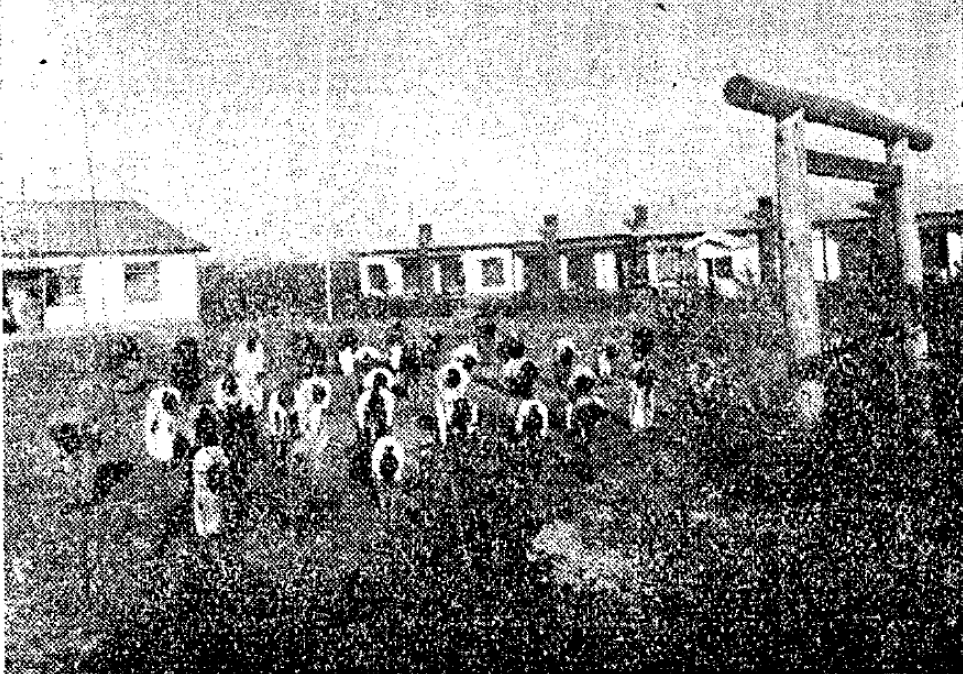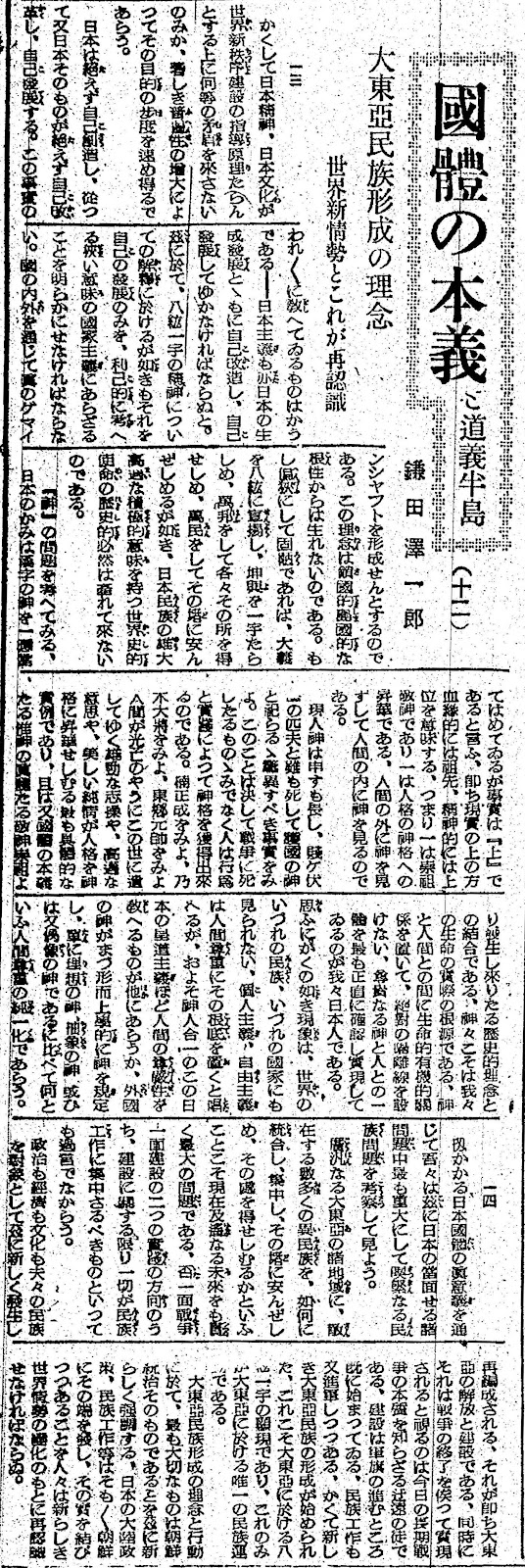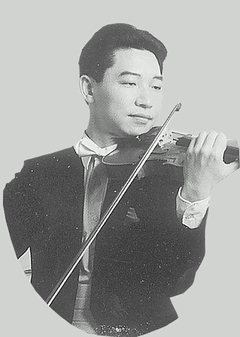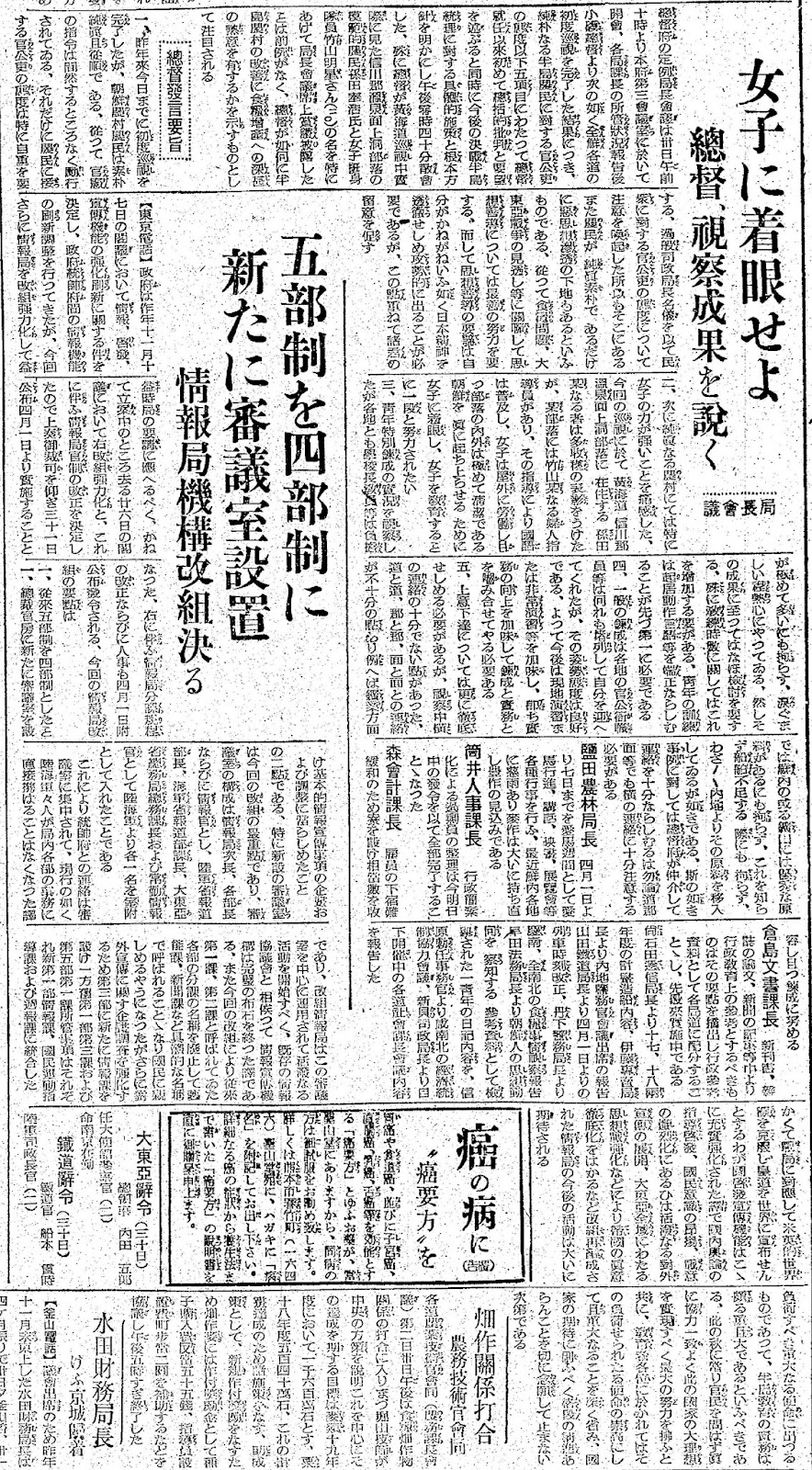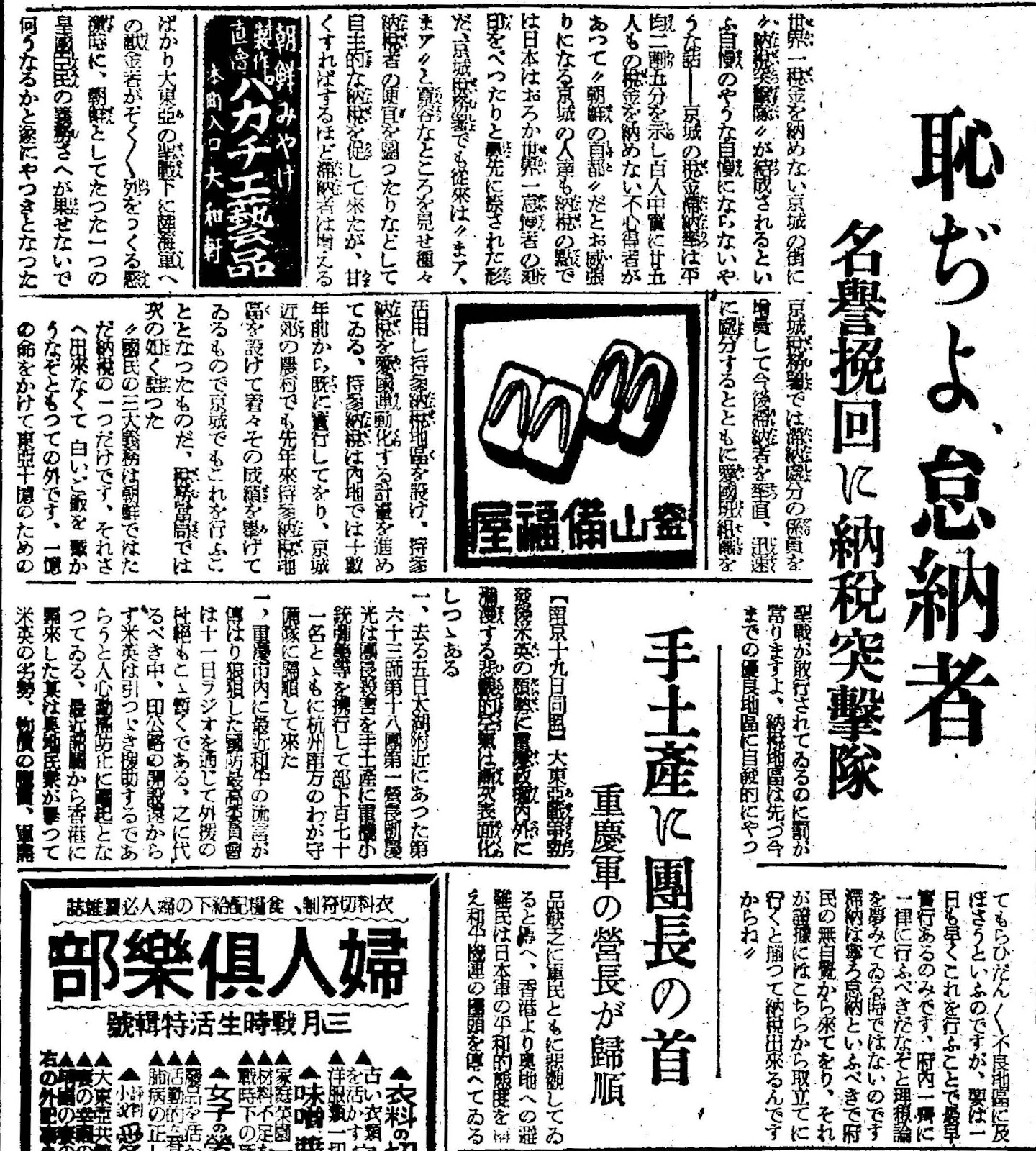
Imperial Japan called Seoul residents the laziest people in the world when it came to paying their taxes, and unleashed patriotic ‘Tax Collection Assault Units’ to more aggressively collect taxes from ‘delinquent tax collection districts’ (February 1942)
Notes: This propaganda article from 1942 claims that 25 out of every 100 taxpayers in Seoul were delinquent in paying their taxes, blaming the laziness of the residents. However, I found a 1929 Keijo Nippo news article describing a Korea Simple Life Insurance meeting which mentions the economic hardships of the residents that led to such a high tax delinquency rate.
(Translation) According to the Korean Thought News published in Seoul, there are a large number of delinquent taxpayers in Seoul: “In Seoul, people are unable to pay the business tax, national tax, house tax and miscellaneous taxes collected by the Seoul Office, causing miserable scenes between tax collection officials and citizens everywhere every day. Of the 113,000 yen due on the last day of December for the second fiscal term, half of it, about 60,000 yen, has already been paid, but within a few days the Seoul government will issue reminders for the uncollected 60,000 yen, or more than 21,000 people. If they still don’t pay, they will be dealt with as delinquents. Most of these delinquents were Koreans, and the fact that 20,000 out of 40,000 were delinquent shows how difficult life is for Koreans in Seoul these days.” If this is true, I think this is very serious problem indeed.
(Japanese Original) 京城で発行されて居る朝鮮思想通信に依りますと、京城府には非常に滞納者があると云うことであります。『京城市中には京城府が徴収する営業税や国税、又は家屋税、雑種税の如き税金を払うことが出来ず、毎日到る所に収税官吏と市民との間に悲惨なる場面を演出して居る。そして十二月末日を納期とする戸別割第二期分が約十一万三千円中、其半額六万円余りは既に納人されて居るが府庁にては数日内に此未収の六万円、即ち二万一百余名に対して督促状を発したる後、それでも払わない者には、納滞処分をするそうであるが、此滞納者の大部分は多く朝鮮人であって四万名中二万名も滞納して居る所から見て、京城の朝鮮人が昨今如何に苦しい生活をして居るかが分ると』ありますが、是か事実としたならば、実に非常な問題であると思う。
This article mentions the three main duties of an Imperial subject under the Meiji Constitution of Imperial Japan were 1. Military service, 2. Education, and 3. Taxes. The article claims that, as of 1942, Koreans in the Korean peninsula only have to fulfill the third duty (taxes) and not the other two: military service and compulsory education. However, from 1943 to 1945, Korean men did become conscripted into military service, and there were plans to implement compulsory education in Korea in 1946 after the war. In postwar Japan, the three main duties of a Japanese citizen were changed under the postwar constitution to 1. Work, 2. Education, and 3. Taxes.
This article mentions patriotic organizations getting involved in tax payments. This refers to the Korean Federation of National Power (国民総力朝鮮連盟, 국민총력조선연맹), which functioned as the one and only political party that you could belong to in totalitarian Japan-colonized Korea, spreading the regime’s Imperial Way ideology across Korea and reinforcing Imperial rule over Korea. The “Tax Collection Assault Units” deployed by the political party to increase tax compliance were likely deployed into poorer neighborhoods with higher tax delinquency rates, brutalizing the poor residents, increasing their suffering, and worsening their poverty.
This article includes some word play between 滞納 meaning (tax) delinquent, and 怠納 meaning lazy or slacker, both of which are pronounced “tainō”. Apparently, stereotypes about lazy Koreans were common around this time. This is another article about Korean workers lacking a work ethic.
(Translation)
Gyeongseong Ilbo (Keijo Nippo) February 21, 1942
Shame on you, slackers!
Tax collection assault units to redeem the reputation of the city
“Tax collection assault units” have been formed in the city of Seoul, the worst taxpaying city in the world, which may or may not be a story to boast about. Seoul’s tax delinquency rate averages 25 percent, which means that as many as 25 out of every 100 people in Seoul are imprudent people who are delinquent in paying their taxes. The people of Seoul, who brag that their city is the “capital of Korea,” have the distinction stuck on the tips of their noses of being the laziest people not only in Imperial Japan, but also in the whole world when it comes to paying their taxes.
In the past, the Seoul Tax Office has tried to encourage taxpayers to pay their taxes voluntarily by making things more convenient for taxpayers and by showing some leniency, but the more leniency they showed, the more delinquent the taxpayers became. At a time of great excitement when people are lining up to donate money to the Imperial Army and Navy for the Holy War in Greater East Asia, how can Koreans fail to fulfill their one and only duty that they have as Imperial subjects? Finally in desperation, the Seoul Tax Office reacted by increasing the number of staff to deal with the delinquent taxpayers in a straightforward and speedy manner. It is also moving forward with plans to establish patriotic tax collection districts and activate patriotic organizations to make tax payments an activity of the patriotic movement.
The patriotic tax collection policy has already been practiced for more than ten years in Japan proper. In the farming villages near Seoul, patriotic tax collection districts have been set up in the past few years, and good results have been steadily achieved, so it has been decided to apply this policy in Seoul as well. The tax authorities said the following:
“In Korea, the people need to fulfill only one of the three major duties of Imperial subjects: to pay taxes. If you can’t even do that, then there is no way you should be allowed to eat white rice. You will be duly punished, since the lives of 100 million people are on the line as a Holy War is being waged for one billion people in East Asia. The idea is to allow the good tax collection districts to voluntarily pay their taxes first, and then gradually allow the delinquent tax collection districts to also voluntarily pay their taxes, but the point is to implement this as soon as possible, and the sooner the better. This is not the time to be dreaming of an idealistic plan that would be implemented uniformly throughout Seoul. Tax delinquency is more like laziness and comes from the lack of awareness on the part of the residents of Seoul. The proof of this is that they are able to pay their taxes when we go to collect them.”
The Commander’s Head as a Souvenir
Chongqing military commander returns home
[Nanjing February 19th] After the outbreak of the Greater East Asia War, the pessimistic atmosphere that prevailed inside and outside the Chongqing administration in the face of the retreat of the United States and Britain is gradually coming to the surface.
First Brigadier Kai Qingguang of the 18th Brigade of the 63rd Division, who was in the vicinity of Lake Tai on the 5th, returned to our garrison south of Hangzhou with 171 of his men, carrying heavy rifles, small arms, and ammunition as a souvenir for the killing of the Commander.
On the 11th, the Supreme Committee on National Defense, which had been disturbed by the recent rumors about peace in Chongqing, was desperately trying to prevent people from being unsettled, announcing on the radio that there had been no foreign aid for some time, that the Sino-Indian Road would be opened in the near future, and that the U.S. and Britain would continue to support it. A person who had recently returned to Hong Kong from Shaoguan reported that the people in the interior of China were all pessimistic about the inferiority of the U.S. and Britain, the soaring cost of living, and the shortage of military supplies, and that the refugees fleeing into the interior of China from Hong Kong were prepared for the peaceful posture of the Japanese military, and that a momentum of peace was on the rise.
Source: https://www.archive.org/details/kjnp-1942-02-21

